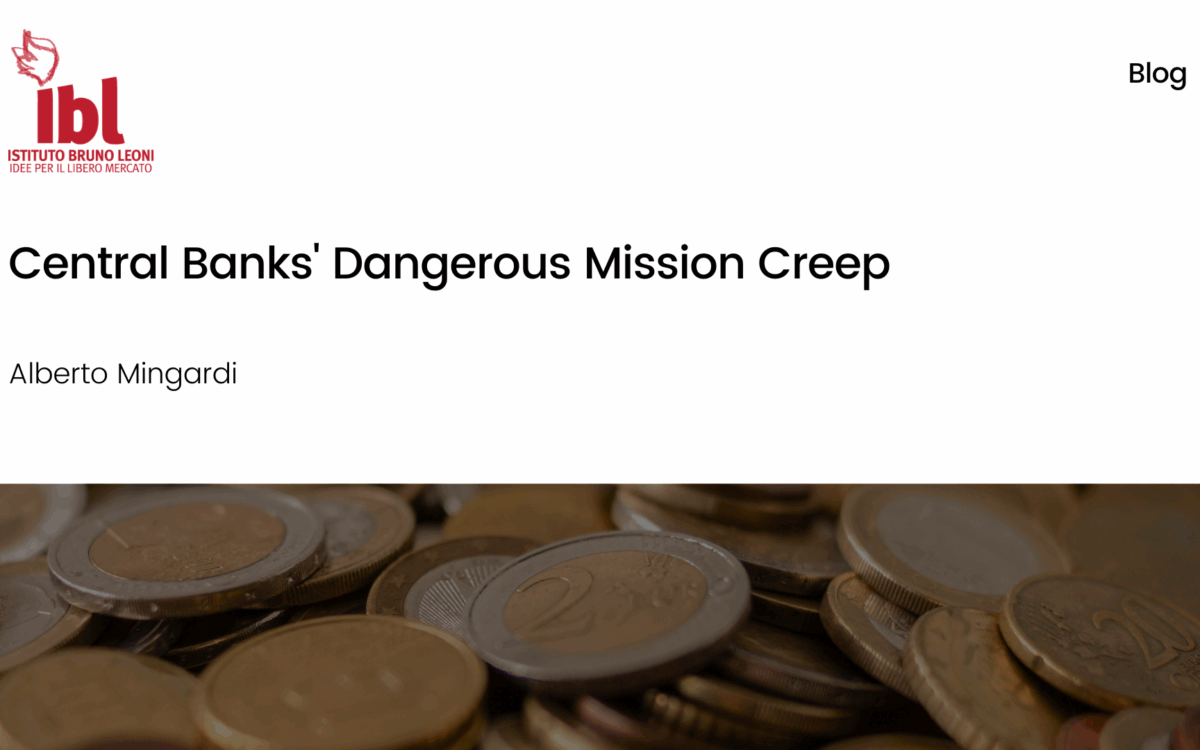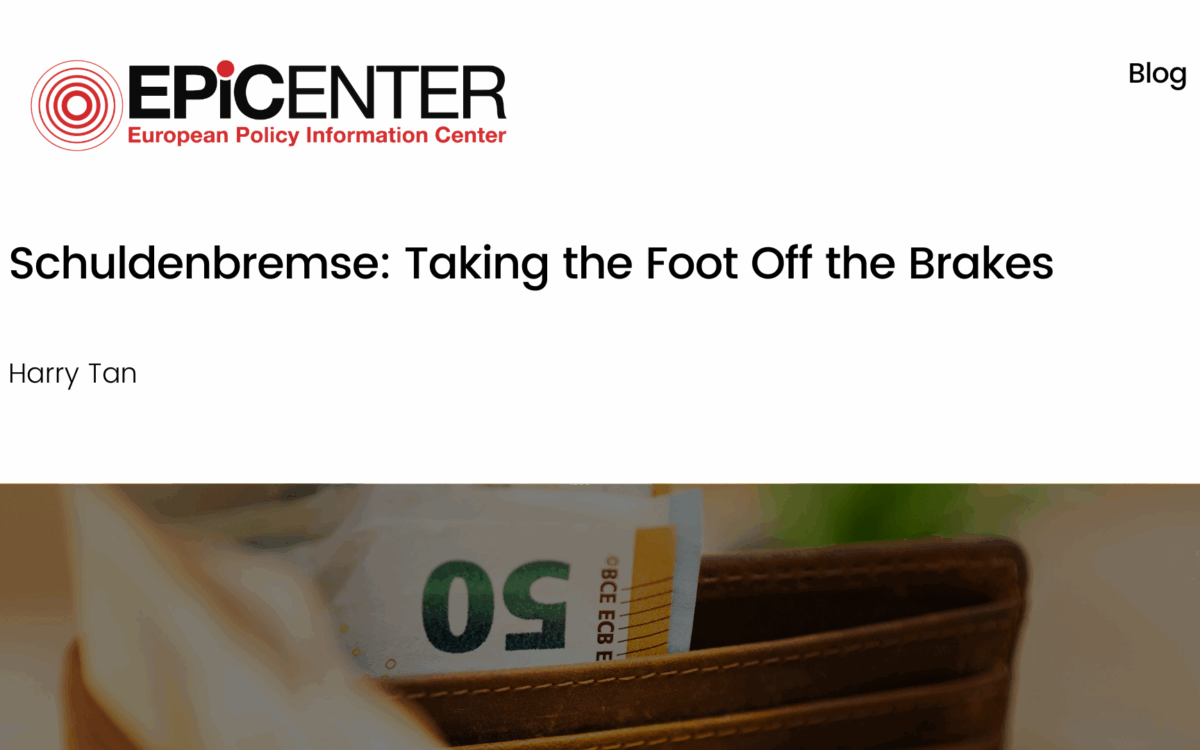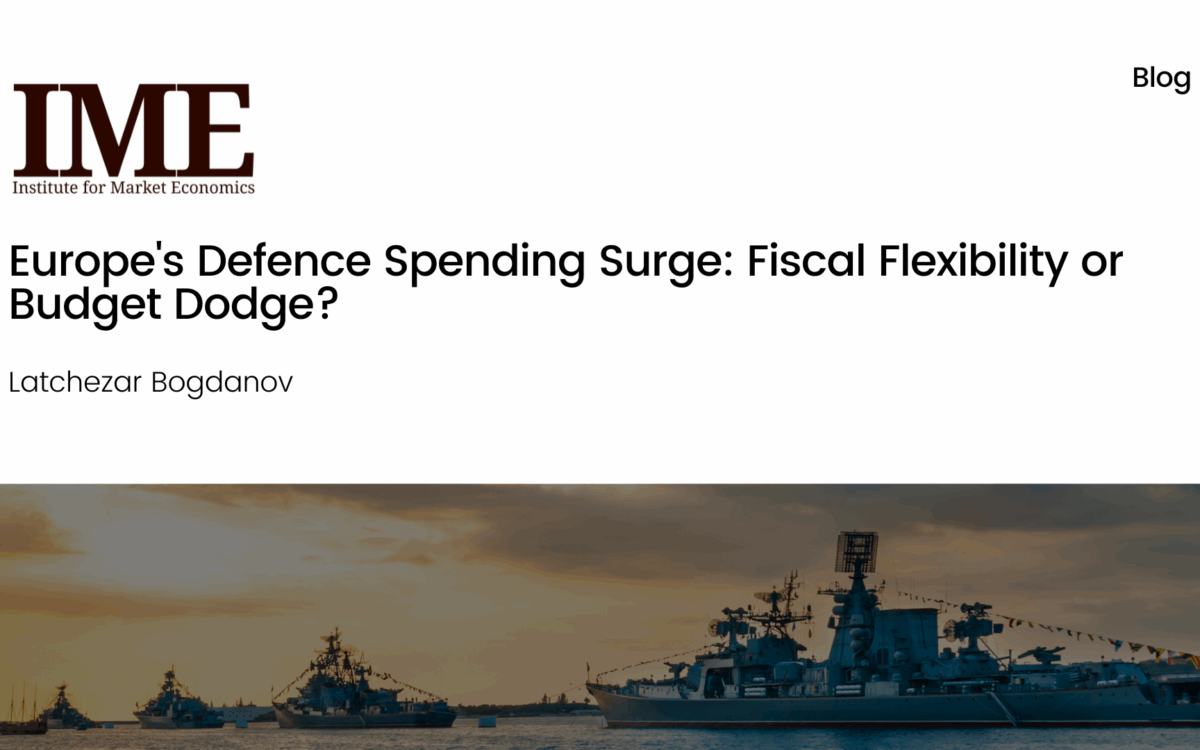Coronabonds Are Not Necessary

Coronabonds Are Not Necessary
Zine-Eddine Aklil // 18 May 2020
To overcome the Covid-19 crisis, the European Central Bank is considering pooling debt issuances among the countries of the Eurozone in what has recently been dubbed as “Coronabonds”. With very little value, this option should not be a priority. Indeed, the key is to introduce new common debt instruments that would combine securities from the different EU countries, issued by the ECB to raise funds on the market on the same basis for the mutual gain of all member states.
The current crisis resembles something akin to a world war, with large parts of the economy and trade flows coming to a complete standstill. As German chancellor Angela Merkel stressed: “Since German unification, there has been no challenge to our nation that has demanded such a degree of common and united action”.
However, what now remains of the economy has been fully mobilised towards the effort to produce not bombs and tanks, but ventilators, masks, and testing equipment. The Coalition for Epidemic Preparedness Innovations (CEPI) has stated that it requires $2 billion of funding from international governments to develop the crucial vaccine, with the UK recently becoming the biggest contributor to the cause with £210 million in aid announced.
Member States of the European Union have committed themselves and will continue to commit themselves through post-lockdown recovery plans to a scenario of massive public debt known only to be a feasible solution in times of war up to now.
Originally, the ECB had a slow start in responding, marked by a verbal faux pas of Christine Lagarde, who said that it was not the central bank’s job to “close spreads” in sovereign bond markets. This led to the worst-ever one-day decline in Italian bond prices.
However, since then the ECB has launched a lot of measures to help stabilise the European economy and committed to do “whatever it takes” to sustain the eurozone. First, it launched a new Pandemic Emergency Purchase Program, offering up to €750 billion until the end of 2020. This means the ECB will buy national debts, including debt from Greece, which previously was excluded from the buying program because of its low credit rating. In addition, the ECB added an extra €120 billion to its existing asset buying program, which is called the Public Sector Purchase Program.
So, the ECB buys bonds of governments but also bonds issued by firms. By buying government and corporate bonds, the ECB lowers interest rates, helping governments and firms to borrow more cheaply and invest, which will create jobs and stem the inevitable economic contraction. The ECB has also provided cheap loans to commercial banks because it wants those banks to lend to small and medium-sized firms. Through all these programs, the ECB will buy over €1 trillion euros’ worth of bonds this year and provide loans at very low interest rates.
Lower interest rates would make borrowing cheaper for Spain, Italy, and Greece, but should they default on their payments, other countries will have to commit to covering their liabilities. As a result, interest rates will rise, and countries with healthier financial positions may need periods of austerity, e.g. raising the retirement age and/or increasing taxes etc.
Issuing these bonds would solve some primary issues which have plagued the union since the European debt crisis but as others have pointed out, there should be some degree of accountability to avoid having to “hand out” blank cheques in the form of lower interest rates which would lead to moral hazard in countries with lower credit ratings.
The real question that has yet to be answered is how to get out of the debt overhang that we are heading towards. As soon as we emerge from the Covid-19 crisis, the level of indebtedness of EU member states will reach levels never before seen in time of peace. How can we quickly return to a healthy economic climate, with a revived economy, public debt and inflation under control?
Getting public finances back on track will require either debt restructuring or cancellation, which is an unlikely and undesirable scenario as it is difficult for euro fund holders to even consider, or through higher taxes, which is impossible especially in France as rates are already at stratospheric levels, or through a stronger return of inflation, which seems to be the path of least resistance.
To what extent can we grow out of this mess? The Austrian Center recently published a report detailing how European institutions can help by deferring or suspending duties and VAT and providing flexible financial support to countries that require resources. Indeed, as the income that businesses and workers are currently missing will need to be replaced, government support is extremely important in short-term policy adoption.
However, there are some risks associated with inflationary policies. Indeed, the world experienced ‘staglation’ in the 1970s when inflation spiked during a recession; throwing money at the problem backfired back then. With central banks having responded to the crisis by injecting exorbitant amounts into their economies, this could generate demand-pull inflation because “too many dollars will be chasing too few goods.” Until now, such quantitative easing did not generate inflation because most of the money went into stock and bond markets rather than consumer goods, so the velocity of money was low, while there was serious inflation in stock and bond prices. Yet this new money will be spent on food and other necessities.
As such, inflation could trigger a debt spiral, which economists have worried about for decades. As things stand, it could get very ugly. Inflation will require higher yields on bonds. In particular, zero interest and below zero interest bonds simply will not sell. Investors will seek other ways to invest, and fiat money, pieces of paper, will decline in their purchasing power. Most governments can just barely afford to pay the interest on their current debt. Increases in interest rates will lead to defaults and panic. It is a scary thought to imagine a world where Treasury bond interest cannot be paid or is paid in greatly devalued currency.
Governments, including the ECB, should learn from the lessons of the past and use the tools already available to emerge stronger and more united than ever from this crisis.
EPICENTER publications and contributions from our member think tanks are designed to promote the discussion of economic issues and the role of markets in solving economic and social problems. As with all EPICENTER publications, the views expressed here are those of the author and not EPICENTER or its member think tanks (which have no corporate view).



